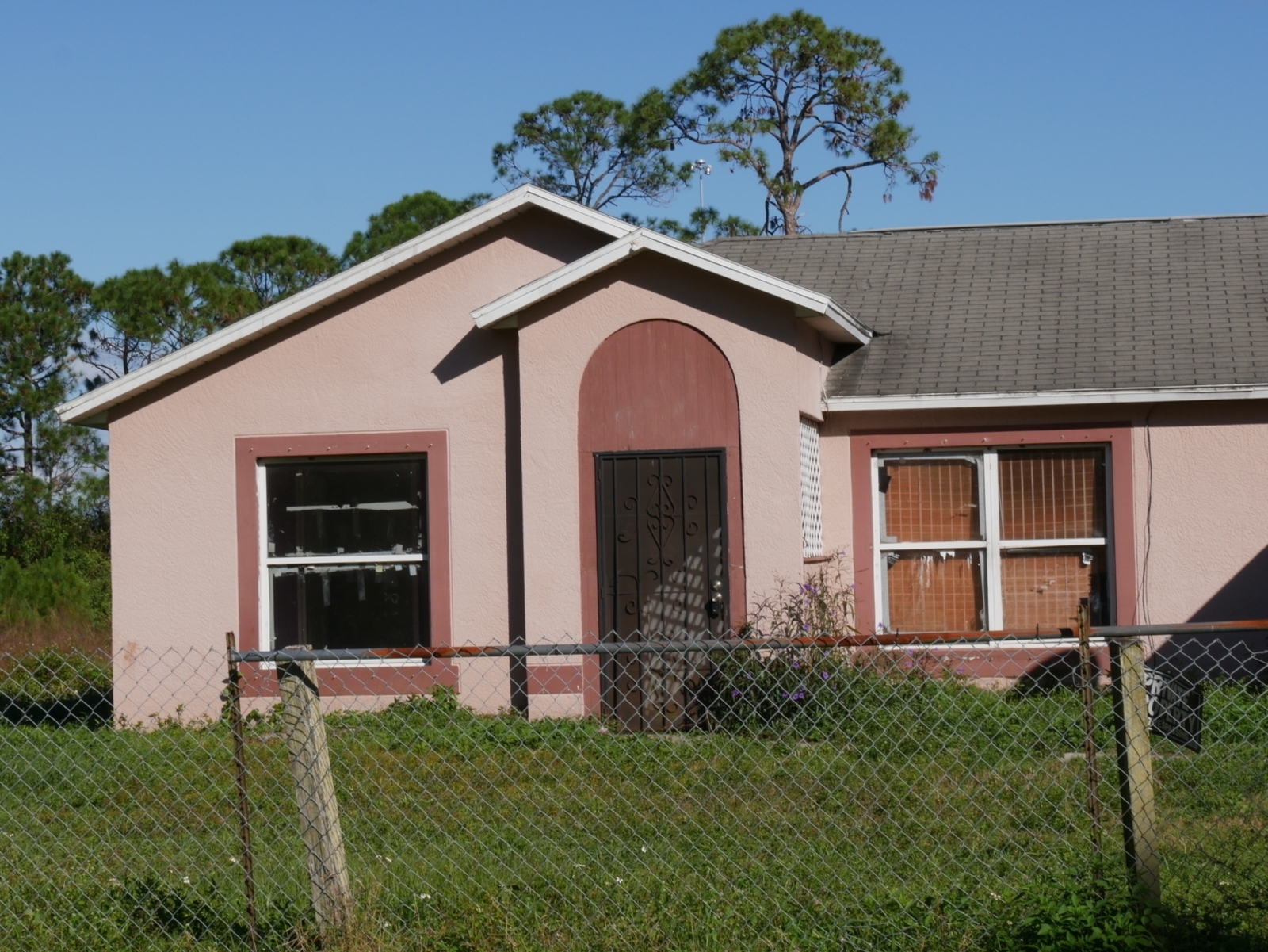
Cash Buyers’ Guide to Acquiring Cheap Abandoned Properties
For cash buyers looking to invest in real estate, abandoned properties present a unique opportunity to acquire assets at significantly lower prices than market value. These properties often require renovation, which can deter traditional buyers but opens the door for investors ready to revamp and resell or rent. This guide delves into how to find and secure these hidden gems.
1. Identify Potential Properties
Finding Leads : Local tax records and public registries often list properties that have defaulted on tax payments—a common precursor to abandonment. Real estate auction sites and foreclosure listings are also fruitful resources.
Benefits for Cash Buyers : The ability to pay cash can expedite the closing process, making offers more attractive to sellers eager to offload problematic properties.
2. Assessing the Property’s Value and Costs
Evaluating Condition : Before making an offer, visit the property to assess its condition. Look for structural damages and required renovations. Hiring a professional inspector is advisable to ensure no significant issues are overlooked.
Calculating ROI : Estimate the total investment needed for repairs and compare it to the potential market value post-renovation to ensure a good return on investment.
3. Navigating Legalities
Clearing Titles : Abandoned properties can have complicated legal issues like liens or disputed ownerships. Engage a real estate attorney to navigate these challenges effectively.
Zoning and Compliance : Check local zoning laws to ensure that your plans for the property are viable, which is crucial in avoiding costly legal battles later.
4. Auctions and Direct Deals
Attending Auctions : Many abandoned properties are sold at auctions for tax defaults or foreclosures. These venues are ideal for cash buyers as properties can often be acquired below market value.
Negotiating Sales : In some cases, you can negotiate directly with the owner if they still retain ownership but have abandoned the property. This approach can allow for better deal terms tailored to both parties’ needs.
5. Planning for Renovation and Resale
Budgeting : Set a realistic budget for renovations, accounting for both expected and unexpected expenses.
Resale Strategy : Develop a clear strategy for reselling or renting the property. Consider the local real estate market trends to time your sale for maximum profit.
Conclusion
Investing in abandoned properties is a strategic way for cash buyers to penetrate the real estate market at a lower entry cost. With thorough research, careful planning, and the right professional support, these investments can yield substantial returns. However, it’s vital to approach each deal with diligence and foresight to navigate the complexities of purchasing and revitalizing abandoned real estate.


